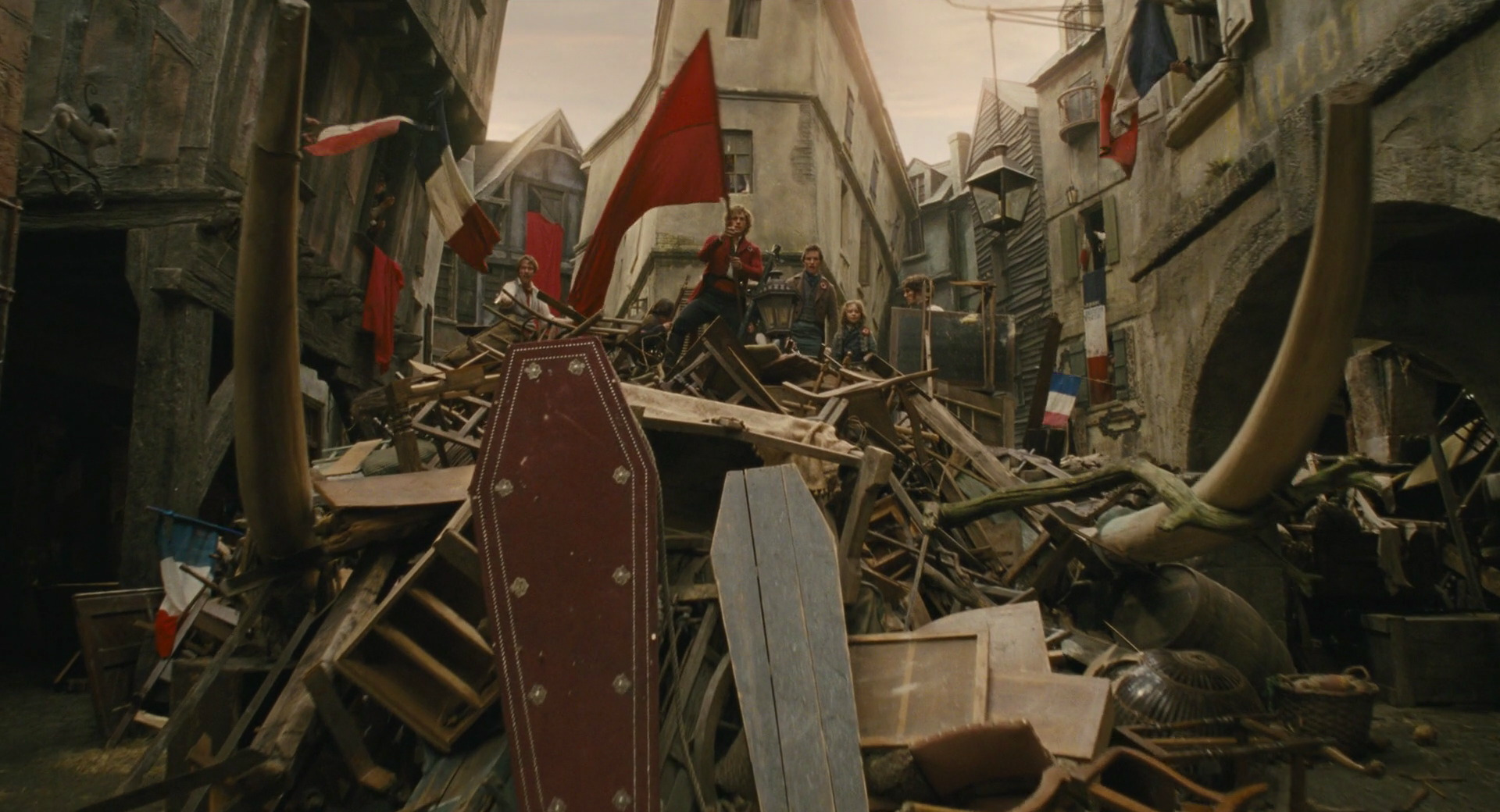

Considering the other two are villians, this likely symbolises Valjean's moral laziness as a capitalist at the start of Act I.Ī very important theme. Sung by Valjean The Foreman and, later Bamatabois. This theme reappears often while the story remains in Montreuil-sur-Mer, mostly when characters are moving quickly.Īppears throughout Act I, but not after it. These four descending notes appear at time jumps and moments of great change. The soliloquies (Valjean's and Javert's) are perfect mirrors. Used by many characters (the bishop, Fantine, Thernadier, etc.) to respond to the Police theme. Later becomes closely associated with Javert. “Empty Chairs at Empty Tables" melody (in accompaniment) Its use both here and in Empty Chairs at Empty Tables seems random to me.

It appears throughout the prologue, and once in Act I, but is not heard in Act II. This rising melody is only sung by Valjean. It's used when people are talking, often with an angry or accusatory tone. Perhaps the most common theme in the musical.

This melody is used by Valjean, Fantine, and Éponine (the three best characters, do not me), as a thematic unification of them, which comes to a head at the very finale, which is set to the same melody. Used when Javert and Valjean are talking, reappearing in “The Confrontation" and the intro to “Javert's Suicide".Ī very important theme, appearing early. Has the same chords as the Look Down theme, but a very different melody. Reappears often, most chiefly in “The Confrontation", “Look Down", and the intro to “Javert's Soliloquy". The most thematically important theme in the musical, given its rightful place as the opener. Based on the pre-revision version, specifically the 1988 “Complete Symphonic Recording". In list format and order of appearance, every melody in every song song will be named, briefly explained, and have their appearance noted. If you have the energy to read it, i love you.Īll the Themes and Melodies in Les Miserables It was written in an afternoon, and it will have mistakes (what's a theme? what's a leitmotif? does it matter?) and omissions. I suggest reading it while listening to the musical.


 0 kommentar(er)
0 kommentar(er)
